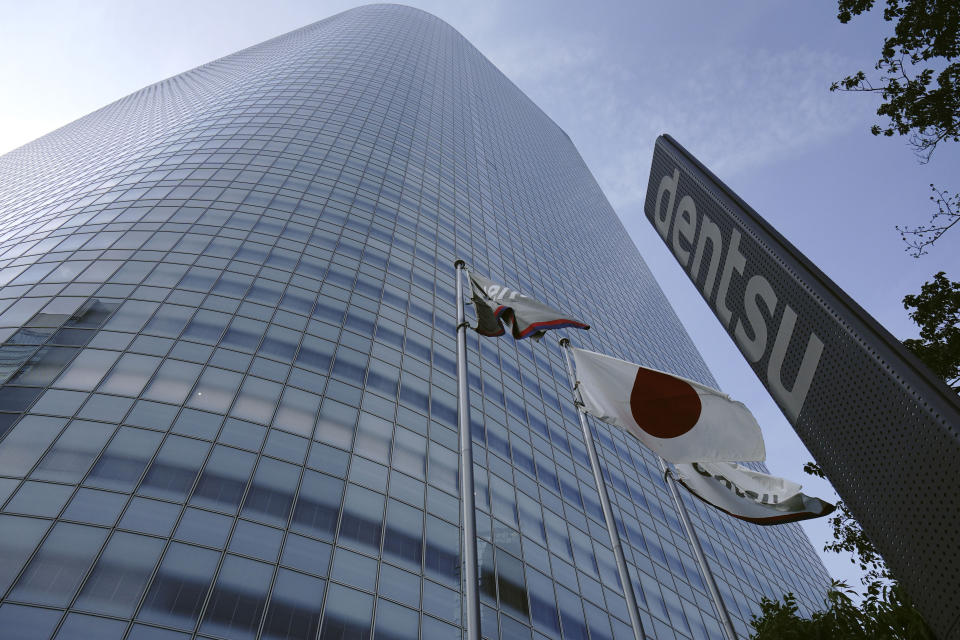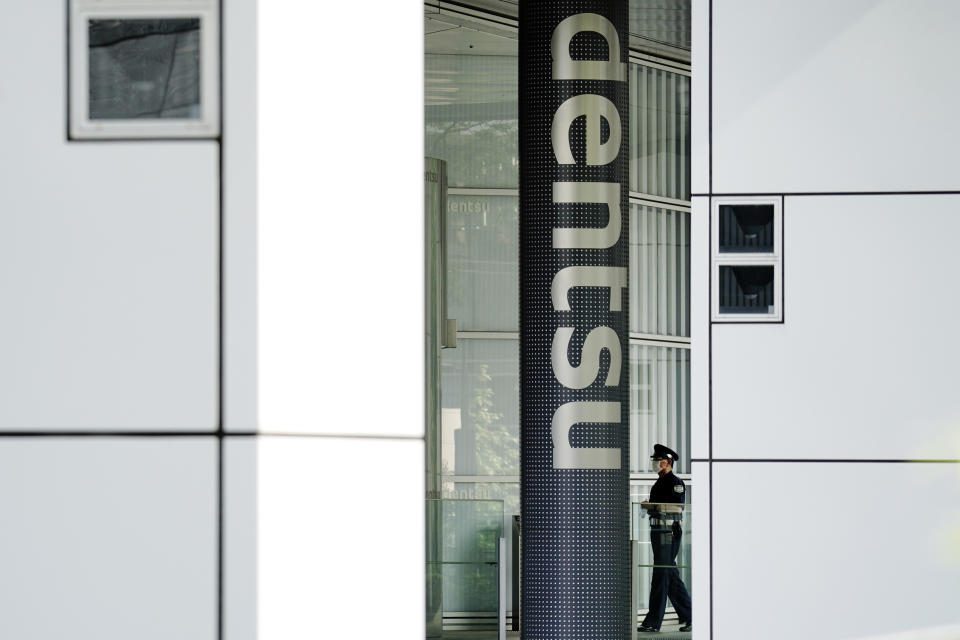In This Article:
TOKYO (AP) — The bid-rigging trial around the Tokyo Olympics played out Tuesday in a Japanese courtroom — more than two years after the Games closed — with advertising giant Dentsu and five other companies facing criminal charges.
Seven individuals are also facing charges from Tokyo district prosecutors in the cases, including Koji Henmi, who oversaw the sports division at Dentsu at the time.
Executives or management-level officials at each of the accused companies, and Tokyo Olympic organizing committee official Yasuo Mori, have been charged with violating anti-monopoly laws.
Among the companies facing charges are Dentsu Group, Hakuhodo, Tokyu Agency and event organizer Cerespo. All deal with event organizing, sports promotion or marketing.
Dentsu has a long history of lining up sponsorships and advertising with bodies like World Athletics, headed by Sebastian Coe, and the Switzerland-based International Olympic Committee, led by Thomas Bach.
Genta Yoshino, the lawyer for Henmi, did not deny the bid-rigging took place. Speaking in Tokyo district court, he said no bid process was ever decided upon or set up by the Tokyo Olympic organizing committee.
“Even if what happened gets categorized as bid-rigging, all my client did was abide by the organizing committee's intentions, following their instructions,” Yoshino told the court, presided over by a panel of three judges.
Yoshino said his client merely did his best to make the Olympics a success. Henmi was under pressure from the IOC, which repeatedly expressed doubts about the ability of the Tokyo organizers, Yoshino added.
The organizing committee was headed at the time by Yoshiro Mori, a former Japanese prime minister who was eventually forced to resign as the head of Tokyo 2020. The CEO was Toshiro Muto, a former deputy director of the Bank of Japan.
The maximum penalty for a company convicted of bid-rigging is a fine of up to 500 million yen ($3.3 million). An individual, if found guilty, faces up to five years in prison and a fine of up to 5 million yen ($33,000).
Trials take months in Japan, sometimes years. The next session in the trial was scheduled for Jan. 15, 2024. It's unclear when a verdict may come.
Dentsu was a key force in landing the Olympics for Tokyo in 2013. French prosecutors have looked into allegations that IOC members may have been bribed to vote for Tokyo.
Once the Olympics landed in Tokyo, Dentsu became the chief marketing arm of the Games and raised a record $3.3 billion in local sponsorship. Dentsu received a commission on the sales — sales that were at least twice as large as any previous Olympics.

